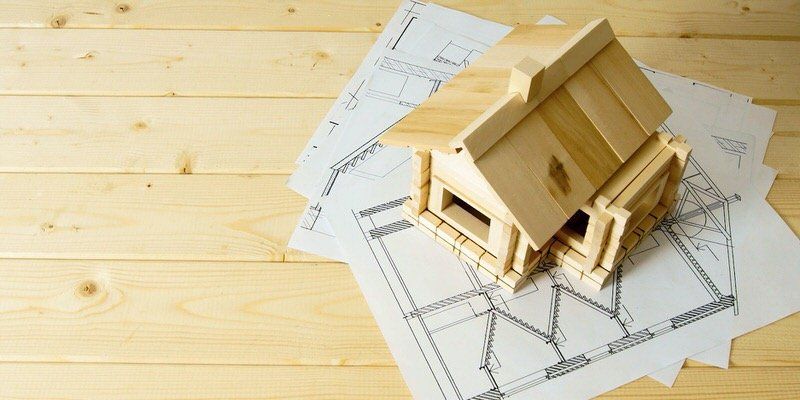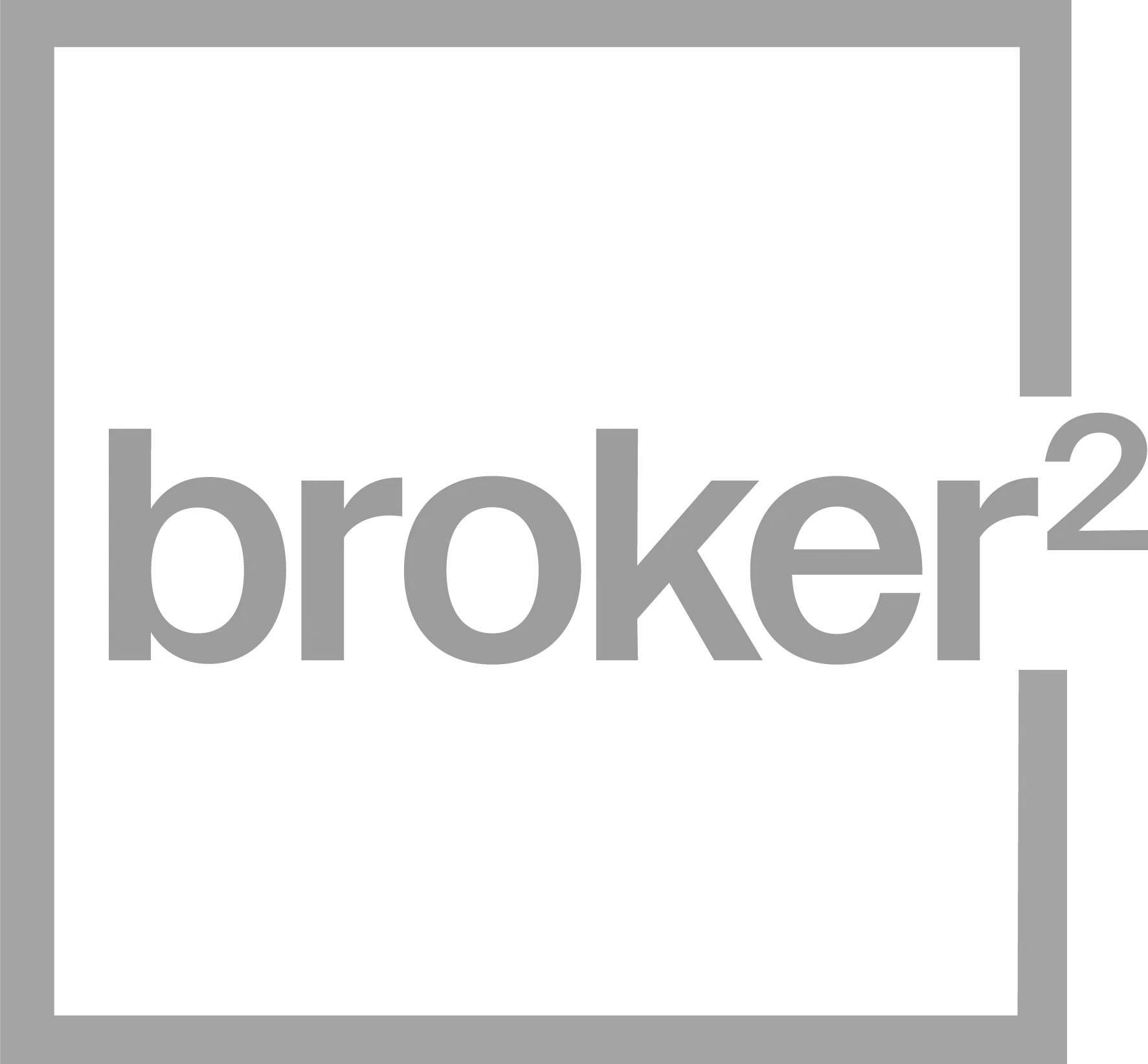New Construction Assignment
Tara Gentles • December 1, 2020

One of the benefits of working with an independent mortgage professional is having lots of great financing options! Rather than dealing with a single lender who has one set of products, brokers work with multiple lenders who offer a wide selection of mortgage financing options. This comes in handy when your situation isn't "normal" or you don't quite fit the profile of a standard buyer. Purchasing a new construction home through an assignment contract would be a great example of this.
Purchasing a new construction home through an assignment contract can be tricky as not every lender wants the added perceived risk of dealing with this type of transaction. Most of these lenders won't come out and say it, rather they will simply add a significant list of qualifying conditions to make the process harder. The good news is, there are lenders available exclusively through the broker channel that have favourable policies for assignment purchases.
Here are some of the highlights:
- In order to qualify, all standard purchase qualifications apply (income, credit, and downpayment)
- Assignments can be at original purchase price, or current market value
- Minimum 620 beacon score with no previous bankruptcies or consumer proposals
- The full downpayment must come from the purchaser and not include any seller incentives
As far as documentation goes, the lender is going to want to see the original purchase agreement signed by all parties, the MLS listing, the assignment agreement signed by the builder, original purchaser, and the new buyer. The lender will also want to see the side agreement between the original purchaser and the new buyer that includes the amended purchase price, and the lender will want to substantiate the value through a full appraisal.
Now, as every situation is different, this list of conditions is in no way exhaustive, but simply meant to show that assigning a new construction purchase contract is in fact doable while highlighting some of the terms necessary to secure financing.
If you are looking to purchase new construction through an assignment contract, or if you want to discuss purchasing a home through traditional means, please contact me anytime! I have access to the very best products on the market that won't limit your financing options!
Tara Gentles
CANADIAN MORTGAGE EXPERT

RECENT POSTS

If you've been a homeowner for many years, it is likely your property value has increased significantly. One advantage of homeownership is the opportunity to build equity. Home equity growth, partnered with the security of living in your own home, is why most Canadians believe homeownership is the best choice for them! While home equity is one of your greatest assets, accessing home equity is often overlooked when putting together a comprehensive financial plan. So if you’re looking for a way to access some of your home equity, you’ve come to the right place! Simply put, home equity is the actual market value of your property minus what you owe. For instance, if your home has a market value of $650k and you owe $150k, you have $500k in home equity. If you want to stay in your home but also access the equity you have built up over the years, there are four options to consider. Conventional Mortgage Refinance Assuming you qualify for the mortgage, most lenders will allow you to borrow up to 80% of your property’s value through a conventional refinance. Let’s say your property is worth $500k and you owe $300k on your existing mortgage. If you were to refinance up to 80%, you would qualify to borrow $400k. After paying out your first mortgage of $300k, you’d end up with $100k (minus any fees to break your mortgage) to spend however you like. Even if you paid off your mortgage years ago and own your property with a clear title (no mortgage), you can secure a new mortgage on your property. Reverse Mortgage A reverse mortgage allows Canadian homeowners 55 or older to turn the equity in their home into tax-free cash. There is no income or credit verification; you maintain ownership of your home, and you aren't required to make any mortgage payments. The full amount of the mortgage will become due when you decide to move or sell. Unlike a conventional mortgage refinance, reverse mortgages won’t allow you to borrow up to 80% of your home equity. Rather, you can access a lesser amount of equity depending on your age. The interest rates on a reverse mortgage can be slightly higher than the best rates currently being offered through standard mortgage financing. However, the difference is not outrageous, and this is an option worth considering as the benefits of freeing up cash without mortgage payments provides you with increased flexibility. Home Equity Line of Credit (HELOC) A Home Equity Line of Credit allows you to set up access to the equity you have in your home but only pay interest if you use it. Qualifying for a HELOC may be challenging as lender criteria can be pretty strict. Unlike a conventional mortgage, a HELOC doesn't usually have an amortization, so you're only required to make the interest payments on the amount you've borrowed. Second Position Mortgage If the cost to break your mortgage is really high, but you need access to cash before your existing mortgage renews, consider a second mortgage. A second mortgage typically has a set amount of time in which you have to repay the loan (term) as well as a fixed interest rate. This rate is usually higher than conventional financing. After you have received the loan proceeds, you can spend the money any way you like, but you will need to make regular payments on the second mortgage until it's paid off. If you’re looking for a way to access the equity in your home to free up some cash, please get in touch. You’ve got options, and we can work together to find the best option for you!

If you’re a first-time homebuyer eyeing a new build or major renovation, there's encouraging news that could make homeownership significantly more affordable. The federal government has proposed a new GST rebate aimed at easing the financial burden for Canadians entering the housing market. While still awaiting parliamentary approval, the proposed legislation offers the potential for thousands in savings —and could be a game-changer for buyers trying to break into today’s high-cost housing landscape. What’s Being Proposed? Under the new legislation, eligible first-time homebuyers would receive: A full GST rebate on homes priced up to $1 million A partial GST rebate on homes between $1 million and $1.5 million This could mean up to $50,000 in tax savings on a qualifying home—a major boost for anyone working hard to save for a down payment or meet mortgage qualification requirements. Why This Matters With interest rates still elevated and home prices holding steady in many regions, affordability remains a challenge. This rebate could offer meaningful relief in several ways: Lower Upfront Costs: Removing GST from the purchase price reduces the total amount of money buyers need to save before closing. Smaller Monthly Payments: A lower purchase price leads to a smaller mortgage, which translates to more manageable monthly payments. Improved Mortgage Qualification: With a reduced purchase amount, buyers may find it easier to meet lender criteria. According to recent estimates, a homebuyer purchasing a $1 million new home could see monthly mortgage payments drop by around $240 —money that could go toward savings, home improvements, or simply everyday expenses. Helping Families Help Each Other This proposal also offers a win for parents who are supporting their children in buying a first home. Whether through gifted down payments or co-signing, a lower purchase price and more affordable monthly costs mean that family support can go further—and set first-time buyers up for long-term success. Is This the Right Time to Buy? If you’re thinking about buying a new or substantially renovated home, this proposed rebate could dramatically improve your financial position. Now is the perfect time to explore your options and make sure your mortgage strategy is aligned with potential policy changes. 📞 Let’s connect for a free mortgage review or pre-approval. Whether you’re buying your first home or helping someone else take that first step, I’m here to help you make informed, confident decisions.

